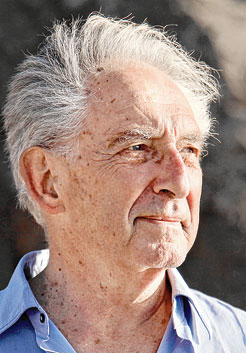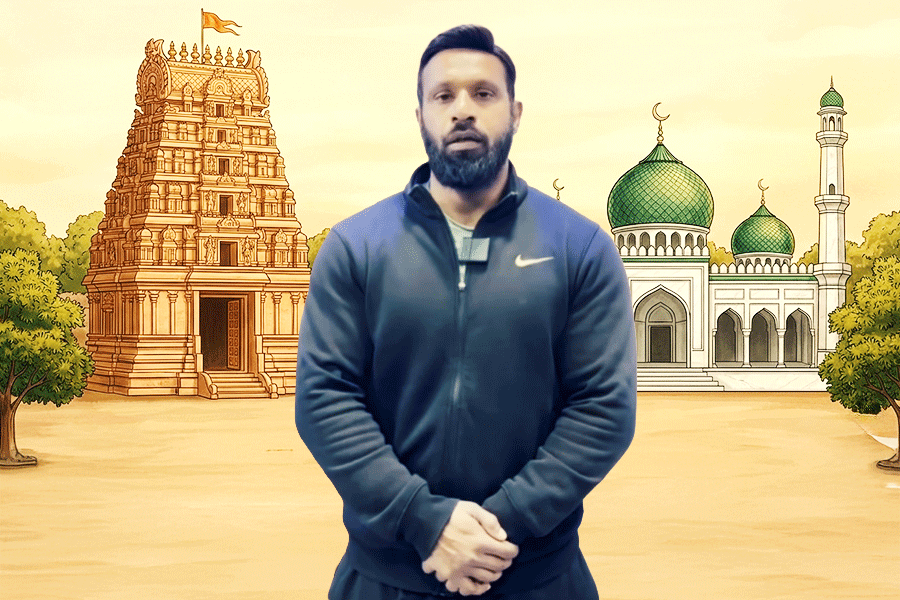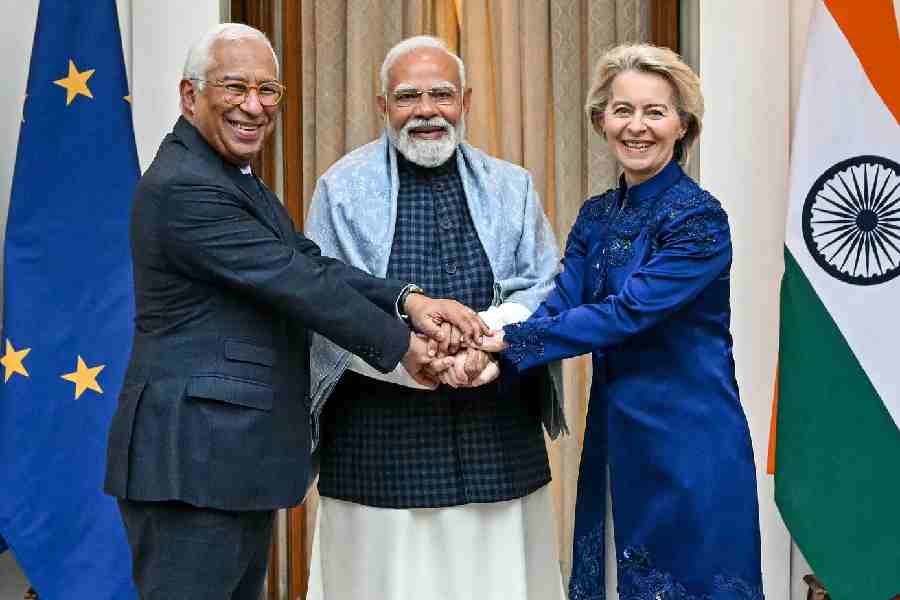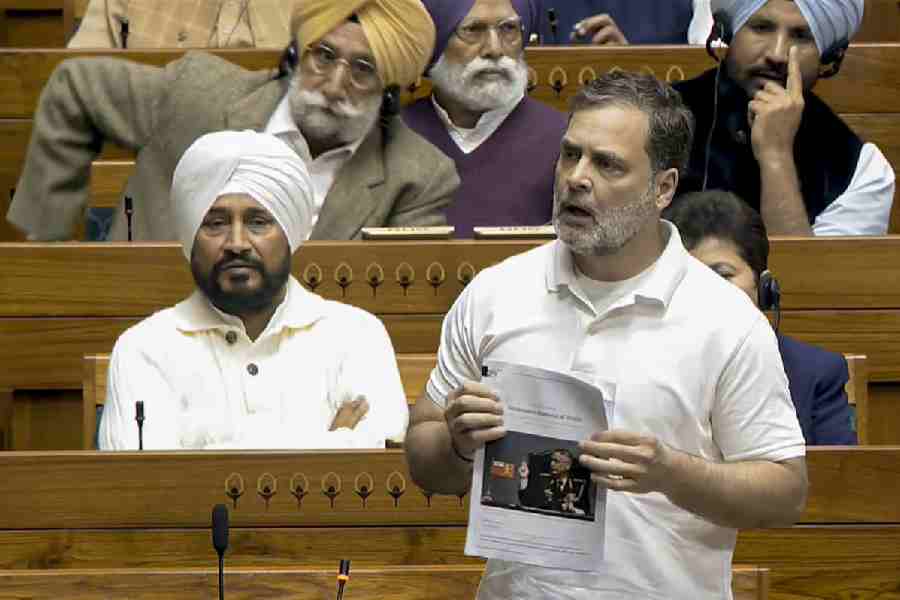Prince Michael of Greece and Denmark has authored several historical novels and biographies. The latest is Rani of Jhansi, published by Rupa. The earlier works of the 74-year-old author, who studied political science in Paris, include Crown Jewels of Britain and Europe, Sultana and The Empress of Farewells: The Story of Charlotte, Empress of Mexico. In his new book, he looks at the so-called intimacy between Laxmibai, the heroic warrior-queen much revered by Indians, and a British assistant magistrate. 'She is a woman I adore,' he tells Sonia Sarkar in an email interview. Excerpts:
Q: What drew you to writing Rani of Jhansi?
A: I was always fascinated by the Indian Mutiny because it is full of mystery. It was an immense event but no one knows much about it. The English have presented a version of the story which is different from the Indian version; and it is not very clear.
While doing my research on the mutiny, I came to know that the Rani by far was the most attractive, most incredible and most fascinating character of all on the Indian side — far more than Nana Saheb or Tantitya Tope. Of course, her role is less important in the sense that Jhansi is small compared to Lucknow or Delhi but her personality and her activity are far more important. She had everything — beauty, talent, character. She was a loving person. She was an incredible combination of extreme feminism, beauty, calm, seduction and overall strength of character. I wouldn't say a man's character but an extremely strong character, an explosive personality. And unbelievable courage that very few men would have.
Q: Have you ever visited India? How did you conduct your research?
A: I have been to India many times since 1962. I have also visited the most important places of the mutiny and read and learnt about it. My expansive research was very difficult as after the mutiny the British destroyed many documents. I went to Jhansi and Gwalior for a week. I met the descendants of people who knew the Rani, who knew the events and who lived through that period so that they could describe the character. Everything was simply fascinating.
Q: But your novel Rani of Jhansi is a mix of fact and fiction. To what extent have you let your imagination soar?
A: I started by writing history. But there isn't enough information or documentation on many historical characters to justify an extensive biography. I would say that I never write novels — I novelise the subject instead. My books have never invented major characters.
And what is the novelisation of history? If you don't have enough information to invent a scene, you extend dialogues; you invent a minor detail or a minor character. The idea is to put more colour on wise but dry information. But Rani of Jhansi, I would say, has 60 per cent history and 40 per cent novelisation.
Q: Your book mentions that the Rani took opium, which she stopped when her husband was dying...
A: Of course, it is historical information. I would not invent certainty. But I think it was common practice at that time and officially accepted. I know it was used by everyone in the courts of India and also in courts of the Ottoman Empire. But opium in small doses does not have the same reputation that drugs have today.
Q: You mention intimacy between the Rani and a British assistant magistrate called Roger Giffard...
A: Roger Giffard is a name that I invented. But I found in some documents that before the mutiny their army had, I would say, a British admirer. It is not contradictory to the other facts that she fought the British or the British prevented her son from succeeding to the throne. Second, because of the image we have of the Rani, it may be inconceivable that she had a British admirer. But in the 19th century, it was quite conceivable. Also, the Rani belonged to the Maratha people who are less conservative. The women tend to fight like men.
Q: The Rani of Jhansi is almost worshipped in India for the courage she showed against the British. Aren't you worried about adverse reactions to the book?
A: We must realise that being a queen didn't take away the rights of what she could do or what she couldn't. Also, it is the royal right — we do what we want, we choose what we want. She was the greatest heroine in Indian history because she fought for India. She bears the image of an independent Indian woman.
So if she had a lover, that too British, why not? I know it might shock lots of Indians and I am sorry for it because it is not my intention. But in my eyes, instead of making her smaller, it makes her bigger in the sense that she was human too. She was a fighter, a queen and a woman. That is the philosophy of the strange story. I can tell you when I was in Jhansi, I was near an artificial lake, on a small pavilion where she would see her British paramour — local people told me this.
Q: How do you think your novel is different from other books where she figures, including, say, Flashman in the Great Game by George MacDonald Fraser, Rani by Jaishree Mishra and Nightrunners of Bengal by John Masters?
A: Frankly, I don't know. I have not read most of them. I presume I am the first non-Indian, a European, to write a book, a biography, even novelised with justice to the extraordinary Rani. She is a woman I adore. Among the 25 books I have written, this is my favourite book and my favourite subject. So I hope the readers will see her as I saw her.












